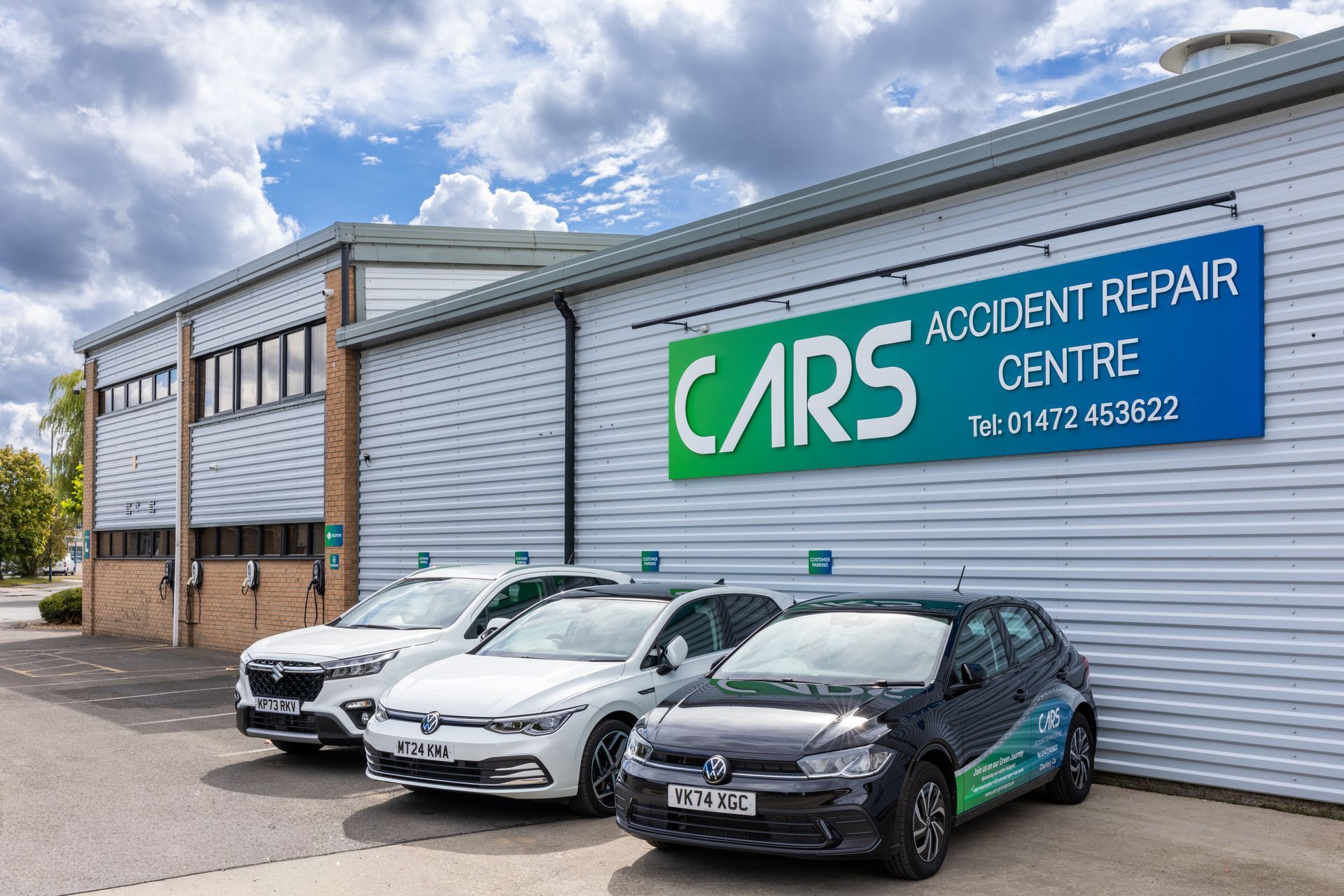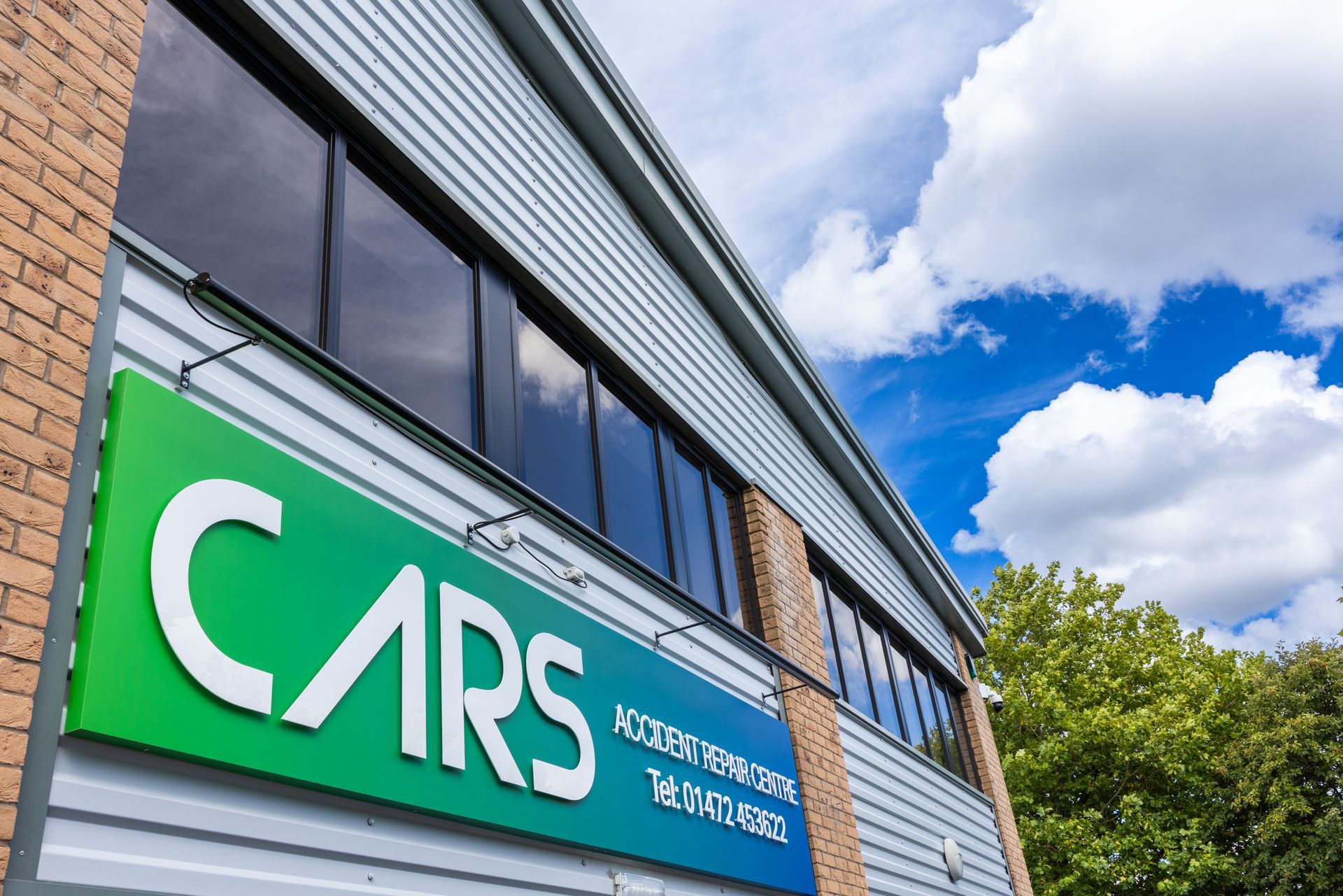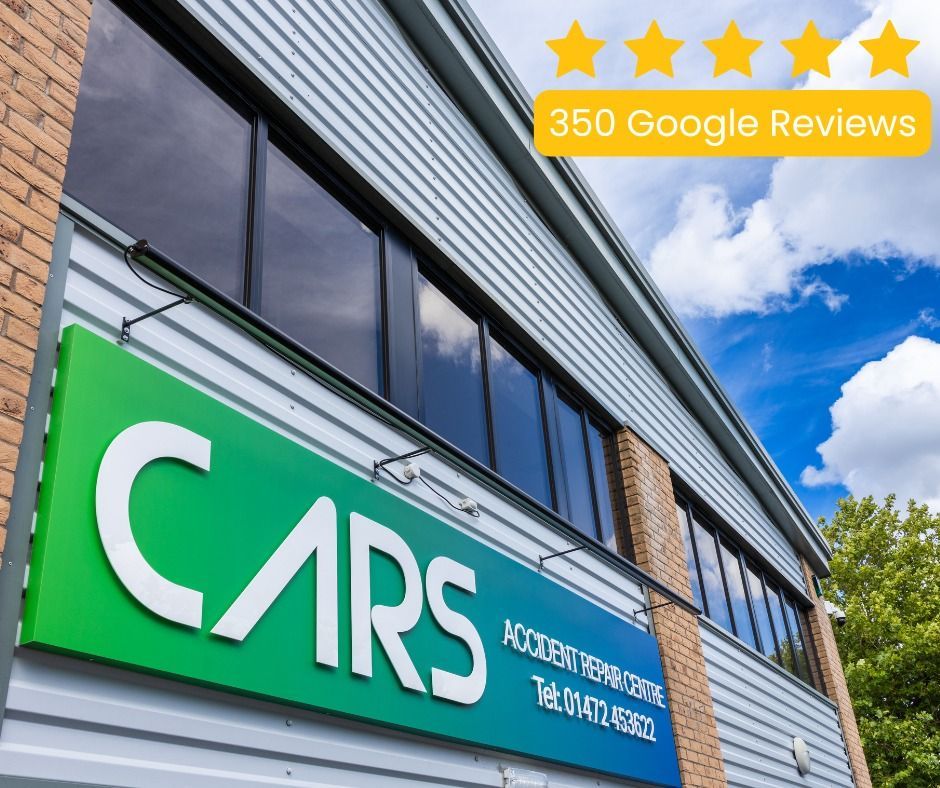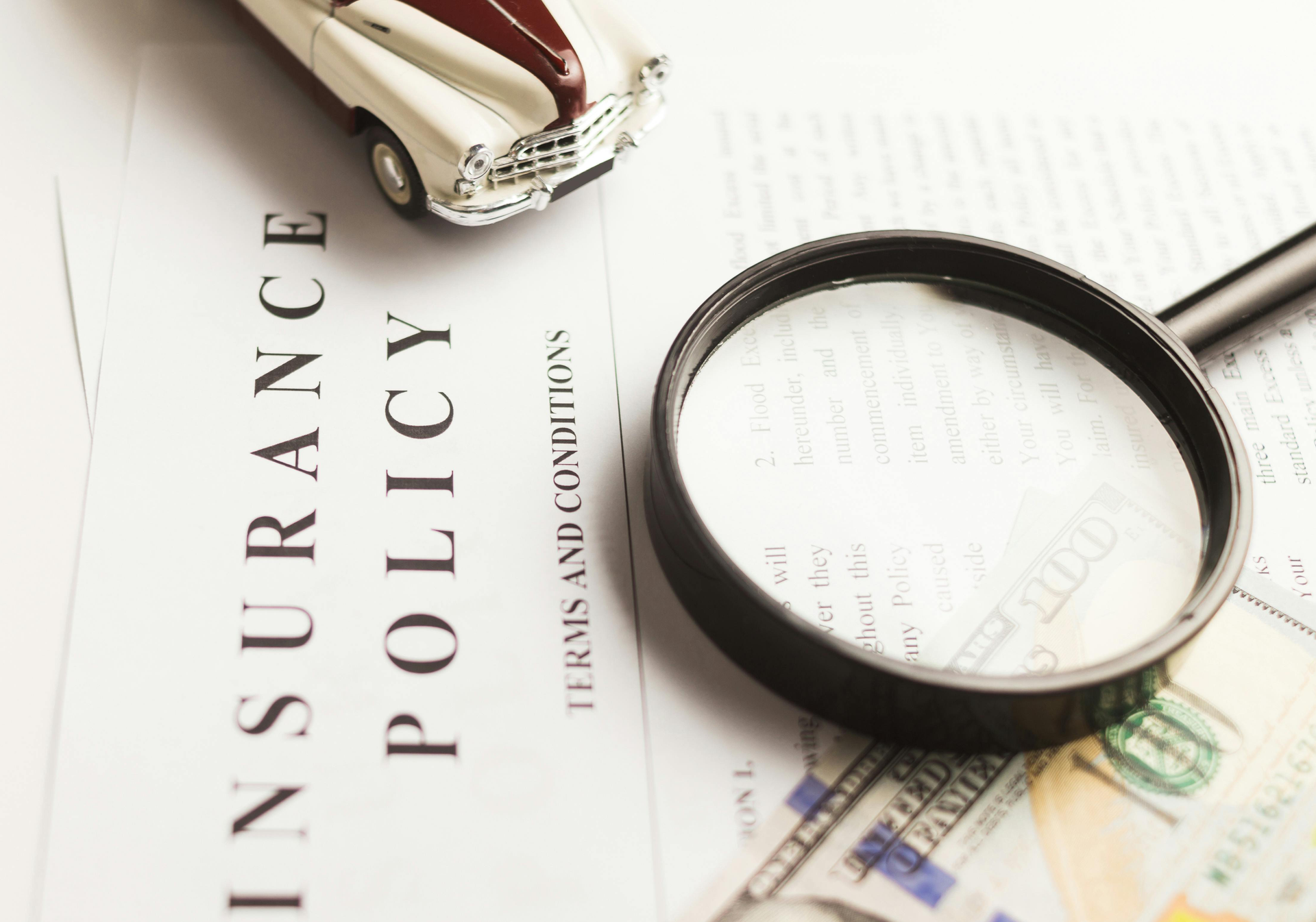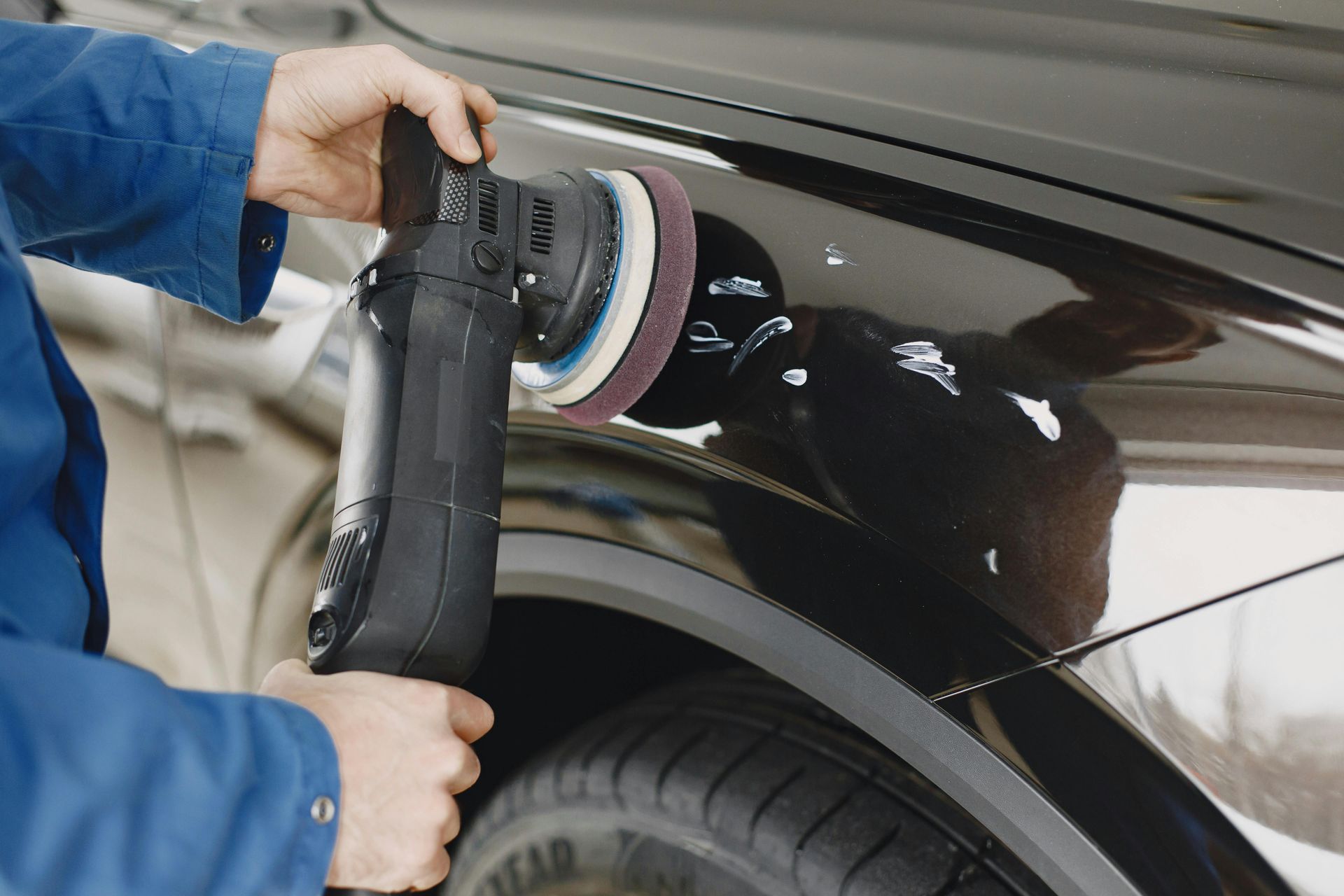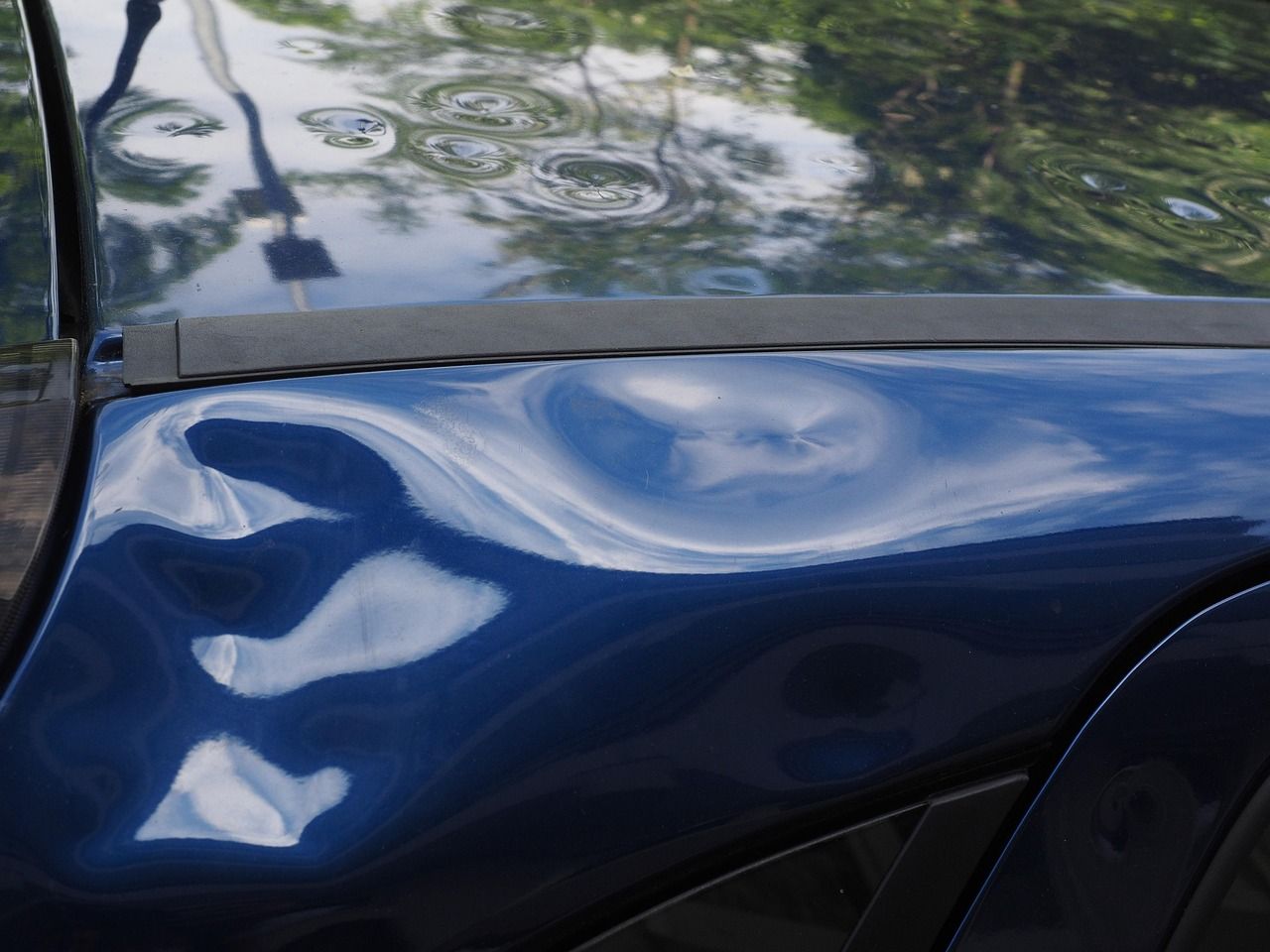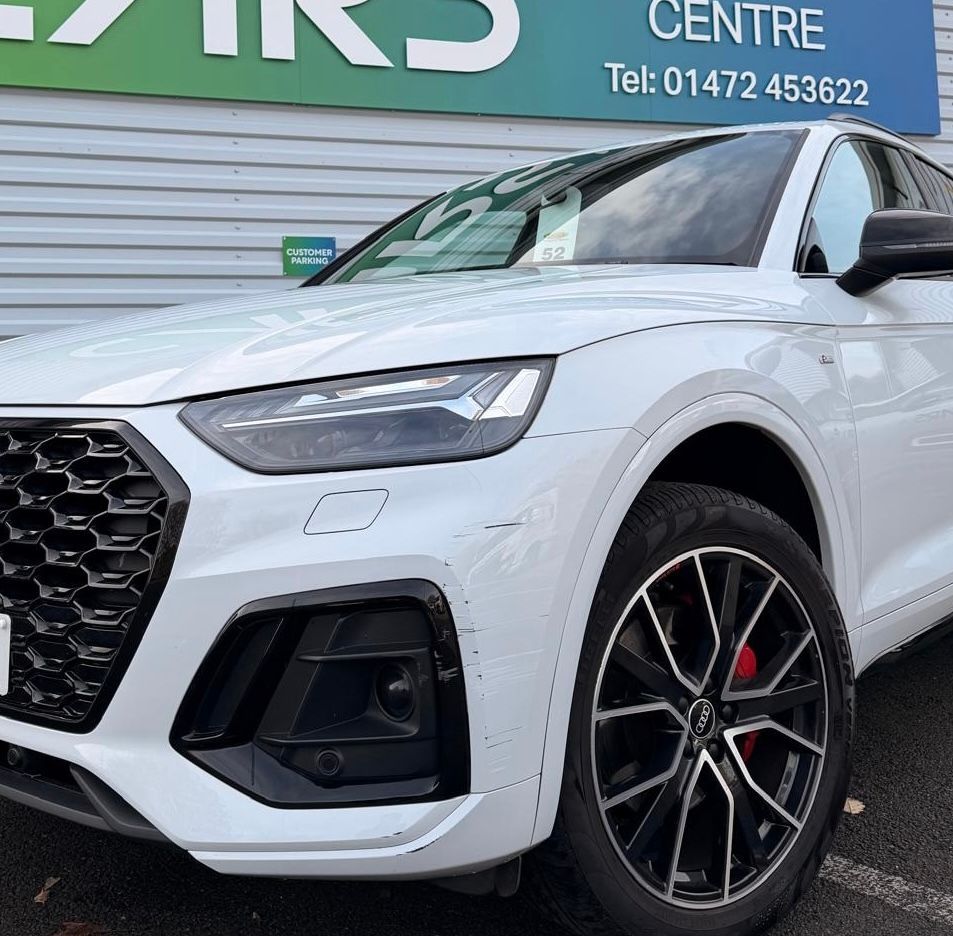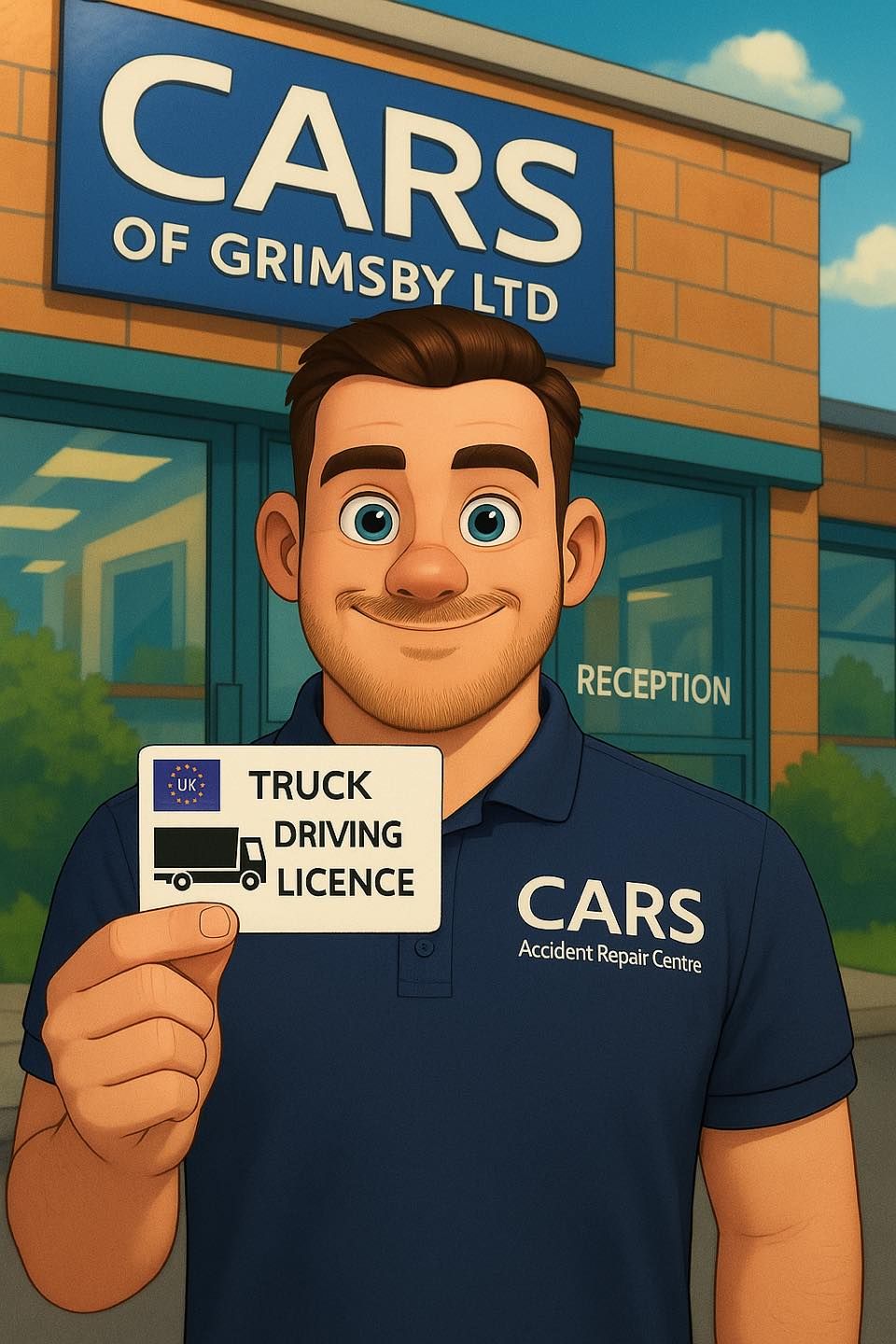What should I do if my vehicle is written off by my insurer?
An insurance write-off is usually a vehicle which is damaged beyond repair, or beyond the point of the repairs being economical.
The general rule of thumb is that most insurance companies will write a vehicle off if the repair exceeds 70% of its value. However, in some cases the customer has a legal right to have their vehicle repaired up to 100% of its value. If you do not wish for your vehicle to be written off, it is worth asking the insurance company for the finer details around their mathematical calculation. If you do need any help with this, we are on hand to assist.
If you’re involved in an accident and put in a claim with your insurance company, they will assess the damage to the vehicle to decide whether it’s a write-off. This includes a calculation to estimate how much it would cost to repair the damage and whether this is economical, considering the vehicle’s value.
If your insurance company decides your car will be written off, they will usually offer a settlement in line with the market value of the car at the time of the incident, less the excess amount on your policy.
Your vehicle will fall into one of the below categories:
- Category A – This typically includes vehicles involved in extreme incidents, such as fires. In this instance, no parts can be recycled or reused, and the vehicle must be destroyed.
- Category B – The vehicle is damaged beyond repair, but some parts can be recycled. A Category B vehicle cannot be sold on second-hand, as the vehicle is not allowed to go back onto the road.
- Category C – The vehicle can be repaired, but the repairs are likely to cost more than the vehicle is worth. You can continue to use the vehicle if it is repaired to a roadworthy condition.
- Category D – The vehicle can be repaired, and the cost of repairs may be less than the vehicle is worth, but additional costs (such as transportation costs), create a total cost which is over the vehicle’s value. You can continue to use the vehicle if it is repaired to a roadworthy condition.
- Category N – The vehicle can be repaired following non-structural damage. You can continue to use the vehicle if it is repaired to a roadworthy condition.
- Category S – The vehicle can be repaired following structural damage. You can continue to use the vehicle if it is repaired to a roadworthy condition.
When your vehicle is written off, ownership passes to your insurance company who provide you a pay-out in compensation in exchange. You should follow the below steps if your vehicle is written off:
- Apply to take the registration number off the vehicle if you want to keep it.
- Send the vehicle logbook (V5C) to your insurance provider, but keep the yellow ‘sell, transfer of part-exchange your vehicle to the motor trade’ section from it.
- Inform the DVLA that your vehicle has been written off. Please note that you could be fined £1,000 if you do not contact the DVLA.
For further assistance, don’t hesitate to give CARS a call!
